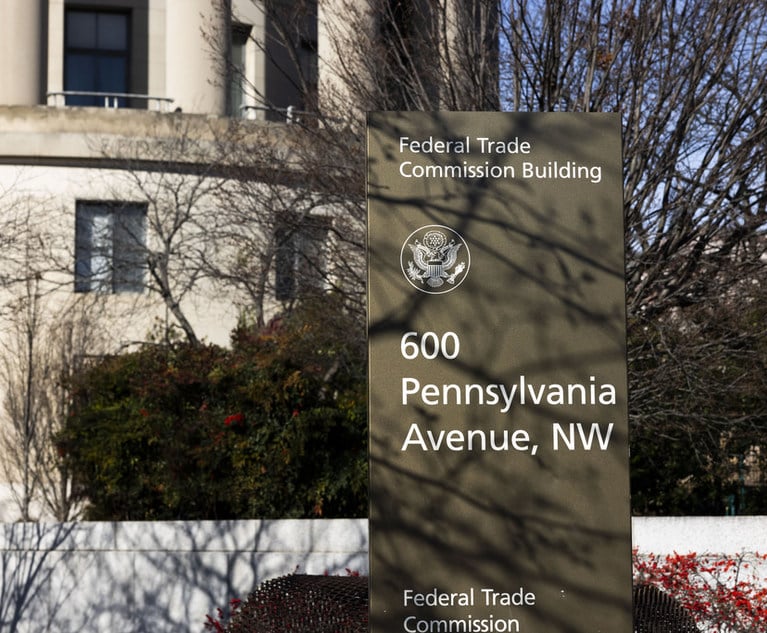As the 2011 Florida legislative session entered its final hourson May 6, the two chambers reached compromise language on two billsthat significantly remake the state's Medicaid program.
|The discussions and subsequent legislation centered on theexpansion of a pilot program initiated in 2006 by then-Gov. JebBush that moved thousands of Medicaid recipients into managed careplans controlled by private insurance companies or medical providernetworks. Since its inception, the project has been restricted tofive of Florida's 67 counties: Baker, Clay, Duval, Nassau, andBroward.
|Some lawmakers wanted to take the program statewide, claiming itwould save tax payers $1.1 billion in 2012 while improving patientcare. Opponents—primarily Democrats—questioned the tax savings andexpressed concern about moving some 3 million people into the newprogram. Rep. Charles Chestnut, D-Gainesville, was outspoken,saying, "This sucks," after listing problems he saw with the twobills.
|The proposal splits the state into 11 regions and allows managedcare companies to compete for business with the districts. Savingspresumably will come from shifting Medicaid from its currentfee-for-service program to a plan that caps payments toproviders.
|The House passed the bills (HB7107 and HB 7109) by votes of 79-39 and 80-39 after the Senate voted28-11 and 26-12 to approve them.
|The bills now go to Gov. Rick Scott, who is widely expected tosign them. However, even with his signature, the legislation facesanother hurdle.
|Must Get Federal Approval
|Medicaid provides medical coverage to low income individuals andfamilies. In Florida, it covers nearly 3 million people (includingalmost 27 percent of the state's children) and costs about $20billion annually. Its services are administered by Florida'sAgency for Health CareAdministration, but because costs are shared by the state andthe federal government, modifications to the program requireapproval from the federal Centers forMedicare and Medicaid Services (CMS).
|The Bush-era pilot program is set to expire on June 30, 2011. Inanticipation of that, CMS and Florida have been exchanging letters.CMS has been seeking details on extending the waiver and theexpansion plan, and Florida has been stating it is in compliance. AJan. 31 letter from Scott to Health and Human Services SecretaryKathleen Sebelius said, "The State believes that it met therequirements for 115(e) as CMS approved the waiver as a statewidewaiver, with authorization to expand, as approved by the FloridaLegislature." The letter closed with a request for the secretary'sassistance "in expediting our request."
|CMS continues to ask for more detail, and if it does not likewhat it reads in the new proposal (for instance, the plan needsfederal approval to require participants to pay a $10 a monthpremium and to impose a $100 co-payment for non-emergency care inhospital emergency rooms), it could deny both the state's expansionplan and a continued waiver.
Want to continue reading?
Become a Free PropertyCasualty360 Digital Reader
Your access to unlimited PropertyCasualty360 content isn’t changing.
Once you are an ALM digital member, you’ll receive:
- All PropertyCasualty360.com news coverage, best practices, and in-depth analysis.
- Educational webcasts, resources from industry leaders, and informative newsletters.
- Other award-winning websites including BenefitsPRO.com and ThinkAdvisor.com.
Already have an account? Sign In
© 2024 ALM Global, LLC, All Rights Reserved. Request academic re-use from www.copyright.com. All other uses, submit a request to [email protected]. For more information visit Asset & Logo Licensing.








